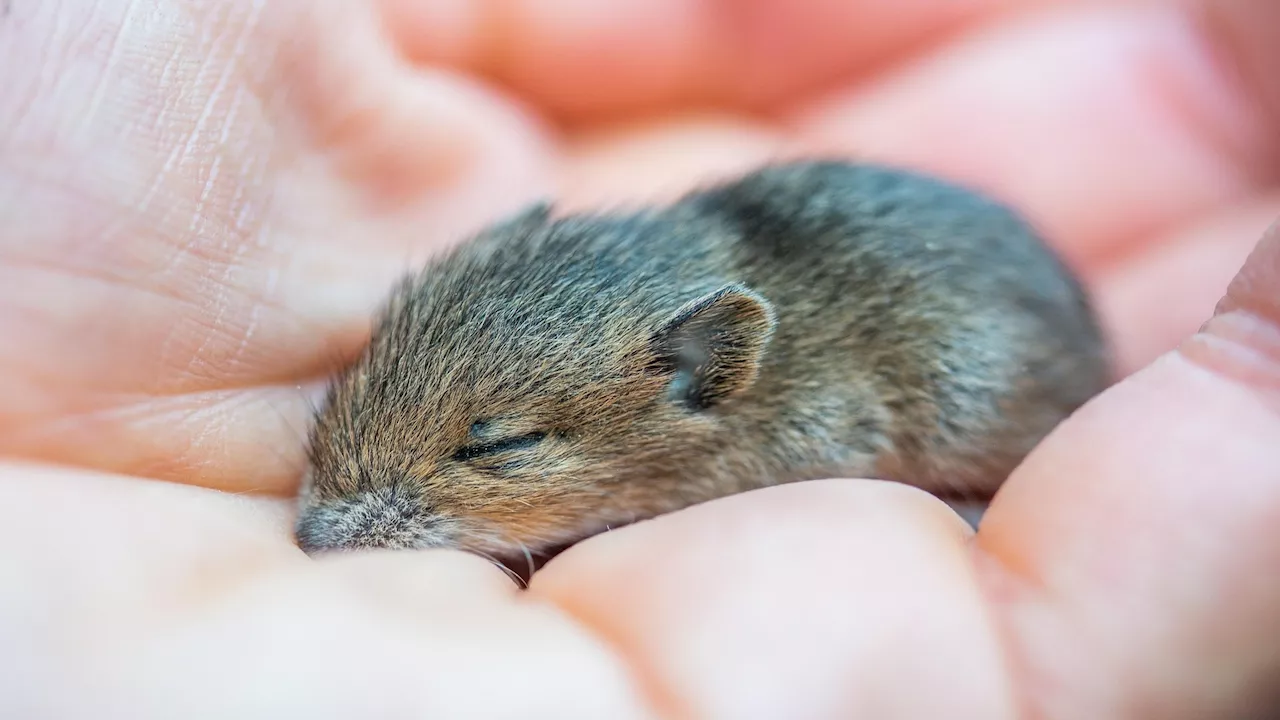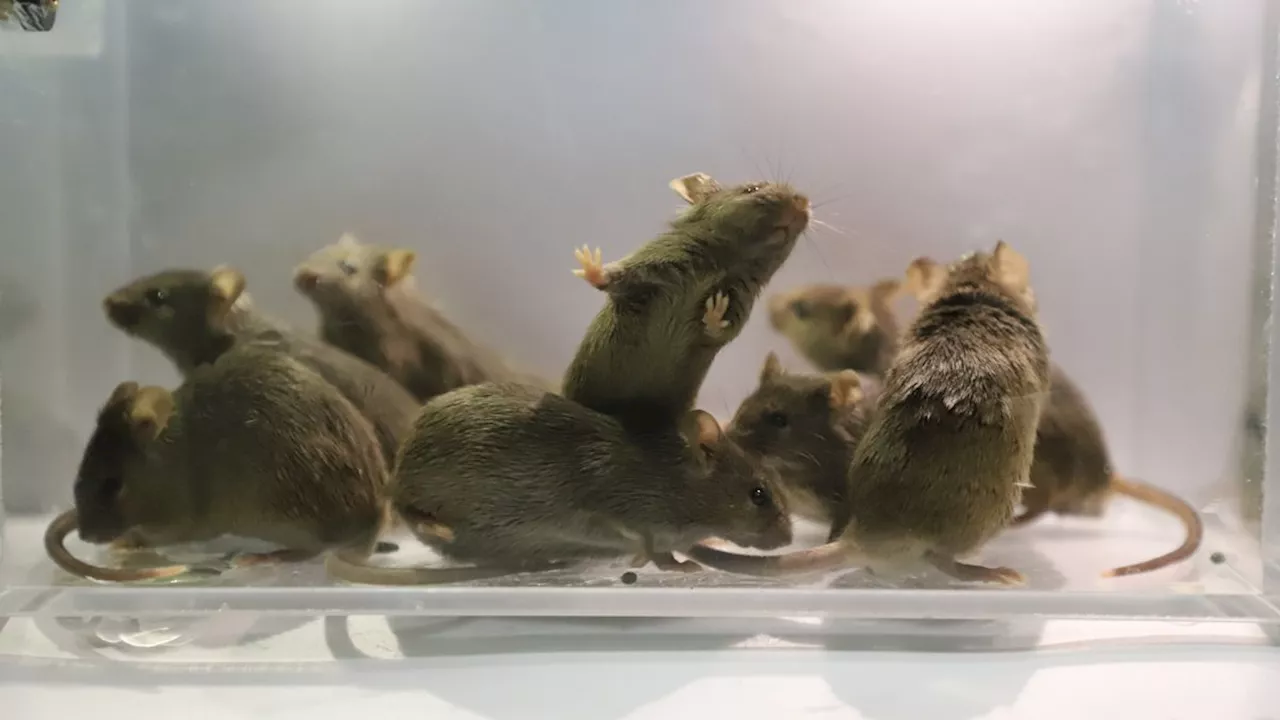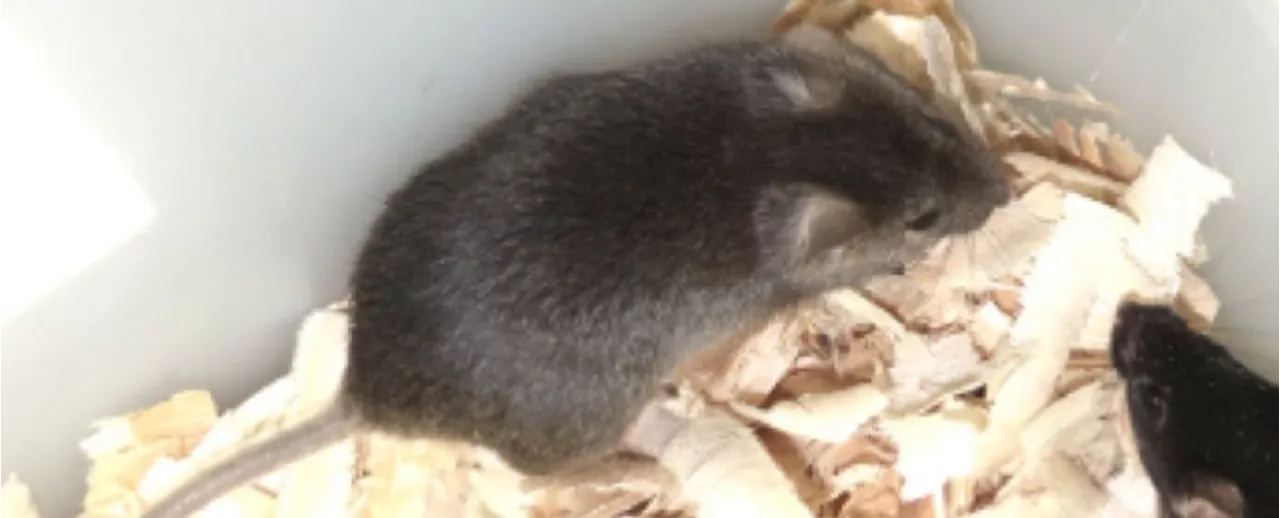A team of researchers in China has achieved a scientific breakthrough by successfully creating mice with two fathers, marking a significant advancement in reproductive biology. This feat involved modifying imprinting genes, crucial for normal development, to ensure proper gene expression in the offspring.
A mouse with no biological mother has survived to adulthood in China – a major scientific achievement that's been years in the making.
That said, roughly half of their siblings failed to make it to adulthood, and nearly 90 percent of the viable embryos did not make it to birth, which means the success rate for the process can still be improved upon. When genetic material comes from two sperm, however, it can often result in a double silencing effect, whereby both copies of a gene are canceled out by mistake, leading to developmental disorders.
"Even when constructing bi-maternal or bi-paternal embryos artificially, they fail to develop properly, and they stall at some point during development due to these genes."mice with two mothers and no biological father for the first time way back in 2004, but reproduction without the need for sperm is easier to pull off than reproduction without the need for an egg.By contrast, there is no natural example of an animal with two fathers and no mother.
GENETICS REPRODUCTION STEM CELLS MOLECULAR BIOLOGY IMPRINTING GENES
United States Latest News, United States Headlines
Similar News:You can also read news stories similar to this one that we have collected from other news sources.
 Scientists Create Mice from Two Male Parents: A Breakthrough in Reproductive BiologyA team of stem cell scientists at the Chinese Academy of Sciences (CAS) has made a significant breakthrough in reproductive biology by successfully creating mice from two male parents. This achievement marks a crucial step forward in understanding and manipulating imprinting genes, which have long been considered a major obstacle to unisexual reproduction in mammals.
Scientists Create Mice from Two Male Parents: A Breakthrough in Reproductive BiologyA team of stem cell scientists at the Chinese Academy of Sciences (CAS) has made a significant breakthrough in reproductive biology by successfully creating mice from two male parents. This achievement marks a crucial step forward in understanding and manipulating imprinting genes, which have long been considered a major obstacle to unisexual reproduction in mammals.
Read more »
 Scientists Create Bi-Paternal Mice Using Gene EditingResearchers successfully created bi-paternal mice, with two male parents, using embryonic stem cell engineering. By targeting imprinting genes involved in reproduction, they overcame previous barriers to unisexual reproduction in mammals. The study opens new possibilities for stem cell and regenerative medicine research.
Scientists Create Bi-Paternal Mice Using Gene EditingResearchers successfully created bi-paternal mice, with two male parents, using embryonic stem cell engineering. By targeting imprinting genes involved in reproduction, they overcame previous barriers to unisexual reproduction in mammals. The study opens new possibilities for stem cell and regenerative medicine research.
Read more »
 Japanese Scientists Create First-Ever Long-Term Dataset of Earth's Entire AtmosphereJapanese researchers have developed a comprehensive dataset of Earth's entire atmosphere, reaching up to space, providing unprecedented insights into the mysterious mesosphere.
Japanese Scientists Create First-Ever Long-Term Dataset of Earth's Entire AtmosphereJapanese researchers have developed a comprehensive dataset of Earth's entire atmosphere, reaching up to space, providing unprecedented insights into the mysterious mesosphere.
Read more »
 Scientists Create World's First Ideal Weyl SemimetalAn international team of researchers has successfully synthesized the first-ever ideal Weyl semimetal, a significant milestone in the field of quantum materials. This breakthrough paves the way for potential advancements in topological superconductivity and robust quantum computing.
Scientists Create World's First Ideal Weyl SemimetalAn international team of researchers has successfully synthesized the first-ever ideal Weyl semimetal, a significant milestone in the field of quantum materials. This breakthrough paves the way for potential advancements in topological superconductivity and robust quantum computing.
Read more »
 Scientists Identify Neurons in Mice That Can Induce Hibernation-Like StateResearchers have discovered neurons in mice that, when activated, can alter the body's metabolic rate and induce a state similar to hibernation. This groundbreaking finding was achieved by stimulating the hypothalamus preoptic area in the brain using ultrasound.
Scientists Identify Neurons in Mice That Can Induce Hibernation-Like StateResearchers have discovered neurons in mice that, when activated, can alter the body's metabolic rate and induce a state similar to hibernation. This groundbreaking finding was achieved by stimulating the hypothalamus preoptic area in the brain using ultrasound.
Read more »
 Scientists Breed Mice with Two Male Parents, Cracking Code of Imprinting GenesA groundbreaking study in Japan has successfully bred mice with two male parents, overcoming biological barriers that typically prevent this type of reproduction. The research sheds light on the intricate world of imprinting genes and their role in development. While the offspring exhibited some abnormalities, their survival to adulthood is a significant leap forward in our understanding of male reproduction.
Scientists Breed Mice with Two Male Parents, Cracking Code of Imprinting GenesA groundbreaking study in Japan has successfully bred mice with two male parents, overcoming biological barriers that typically prevent this type of reproduction. The research sheds light on the intricate world of imprinting genes and their role in development. While the offspring exhibited some abnormalities, their survival to adulthood is a significant leap forward in our understanding of male reproduction.
Read more »
